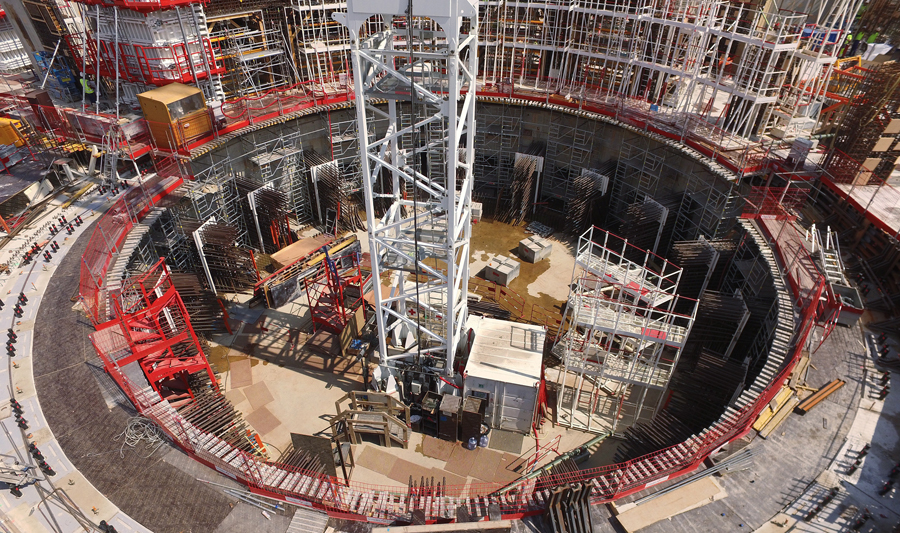
Rosatom’s subsidiary to produce beryllium plates for ITER
back to contentsThe International Thermonuclear Experimental Reactor (ITER) is a joint project involving the EU, Russia, China, India, Japan, South Korea and the USA. This is going to be the first major effort to generate power by means of a thermonuclear reaction similar to that on the Sun. If the experiment is a success, it will give the mankind an energy source that is almost inexhaustible. The reactor is scheduled for the startup in December 2025.
To ensure protection from thermonuclear plasma, the first wall of the ITER’s vacuum chamber will be covered with beryllium plates. This process is one of the most sophisticated phases of the ITER project.
By early December, Bazalt will manufacture a pilot shipment of plates made of the Russian Grade TGP-56PS beryllium. When manufactured, the pilot shipment will be tested to improve the subsequent serial production of plates for the beryllium-clad first walls. Tests will be carried out at Rosatom’s Research Institute of Electrophysical Equipment during the production of first wall prototypes.
The beryllium plate production technology was developed by A. Bochvar Russian Research Institute of Inorganic Materials (a subsidiary of Rosatom’s TVEL Fuel Company).
In 2015, Russia promptly delivered a full set of superconductor cables for toroidal field coils designed to keep super-hot plasma inside the thermonuclear reactor. In 2016, Rosatom Group companies will continue manufacturing and testing components for the PF1 coil (a part of the ITER magnetic system that generates and holds plasma), the vacuum chamber and the first commercial gyrotron unit. Rosatom’s other plans for 2016 are to finalize a layout concept for the monitoring equipment, as well as produce and test prototypes of monitoring system components. As an international project stakeholder, Russia will produce nine out of 45 monitoring systems to be used in the thermonuclear reactor.
According to the updated project schedule approved by the ITER Council, the international thermonuclear reactor is expected to be started in December 2025. The start-up had been repeatedly postponed following a failure of several countries to meet the project schedule.
ITER’s press release says that “the updated schedule is challenging but technically achievable, duly validated with a thorough and comprehensive review by the independent ITER Council Review Group.”




